East African Community SG sidesteps politics to target growth
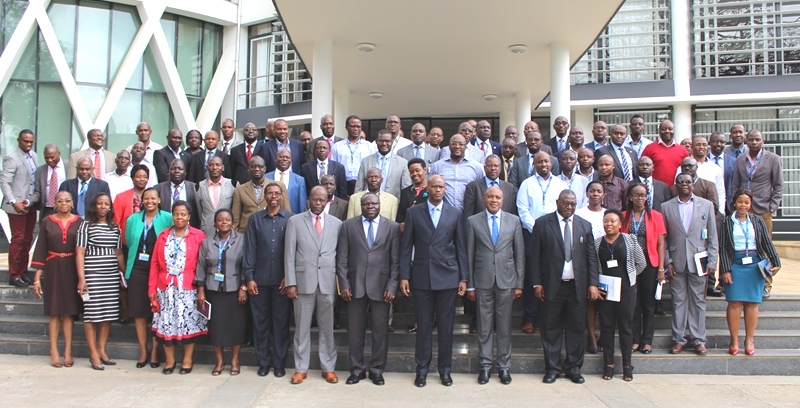 Amb. Mfumukeko (fourth right) thanked EAC staff for their dedication and professionalism
Amb. Mfumukeko (fourth right) thanked EAC staff for their dedication and professionalism
Amb Liberat Mfumukeko, the East African Community (EAC) Secretary General, has given an upbeat view of sub-Sahara Africa’s fastest growing economic grouping despite cracks in the common vision. Since late last year there have been repeated postponements of scheduled Heads of State Summit, but the Secretary General was determined on being optimistic about EAC prospects for 2019 and side-stepped regional politics altogether.
With the average GDP growth rate for sub-Saharan Africa at 3.6 percent in 2018, the EAC grew at just over 5 percent. Its estimated 165 million total population generated about $160 billion in 2017.
Amb. Mfumukeko said in a New Year message to staff early this week, “The achievements of the EAC have earned us international recognition as the top performing REC on regional integration overall by internationally renowned institutions like the African Development Bank and the World Bank.”
The EAC Secretariat continues to be beset by a funding gap because the six member states, Burundi, Kenya, Rwanda, South Sudan, Tanzania and Uganda are not up to date with their annual subscriptions and other contributions. The European Union has been a major contributor towards the operations of the Arusha-based Secretariat besides international development agencies that support economic integration.
Amb. Mfumukeko said the EAC set a record in resource mobilization. He disclosed to the staff that over $100 million was mobilized from various Development Partners to support various projects and programmes in the Community.
“In addition, the EAC and USAID signed a $20.5 million agreement for energy projects. This is in addition to the more than $200 million mobilized from USAID in the past two and a half years,” he said.
He said the African Development Bank (AfDB) and African Development Fund (ADF) also approved $2.5 billion for the implementation of new and ongoing priority infrastructure projects in the EAC region.
He said Partner States continued implementing road and railway projects in the Central and Northern Corridors including the Arusha-Tengeru Dual Carriageway and Bypass Road. He said both roads are part of the Multinational Arusha – Holili/Taveta – Voi Road, which is a successor of the Arusha – Namanga – Athi River Road, both of which have been completed.
The upgrading of the 37 km Ntungamo to Mirama Hills Road to bitumen standard has significantly improved access and speed for freight and passenger services between Uganda and Rwanda, and lower transport costs on the Kampala-Kigali route.
Feasibility studies and detailed designs for two multinational road projects have also been completed. The first will link Tanzania and Burundi through Nyakanazi –Kasulu /Rumonge – Bujumbura. The EAC has recently mobilized over $340 million from the AfDB for construction of this road to be undertaken soon while the second road links Tanzania and Rwanda through Lusahunga –Rusumo / Kayonza – Kigali.
In addition, the EAC has provided support to the successful implementation of the Lake Tanganyika Transport Programme which is expected to provide numerous benefits for the Riparian states and the communities around the lake.
He said the EAC through its institutions such as Lake Victoria Basin Commission(LVBC) and Lake Victoria Fisheries Organization(LVFO) is implementing numerous projects on lake to improve port infrastructure, navigation safety, fisheries and to fight pollution.
Turning to trade matters, the Secretary General told staff the region’s main priority was to attain the full roll-out of intra-trade and imports regime under the Single Customs Territory. Amb. Mfumukeko, who is a national of Burundi, which currently does not see eye-to-eye with Rwanda, said a pilot roll-out of exports under the SCT was successfully implemented and 736 multi-level users trained in SCT processes. By mutual consent, Burundi and Rwanda are currently not trading with each other.
On One Stop Border Posts (OSBPs), Amb Mfumukeko said 13 One-Stop-Border Posts were operational in the region. The operationalization and training of personnel at the OSBPs has significantly reduced the time taken by travelers and trucks at the borders from several days to about 15 to 30 minutes on average.
In addition to further enhance trade in the region, the EAC Common External Tariff structure and rates were reviewed and aligned to the global changes of trade and current economic environment in the EAC. Up to 41 Non-Tariff Barriers were eliminated.

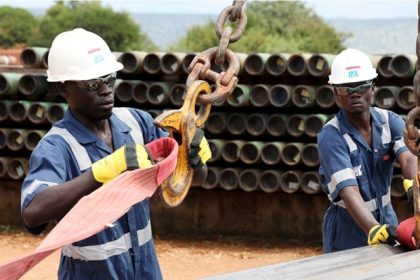 Bank of Uganda keeps base rate at 9.5% to support surge in GDP growth
Bank of Uganda keeps base rate at 9.5% to support surge in GDP growth
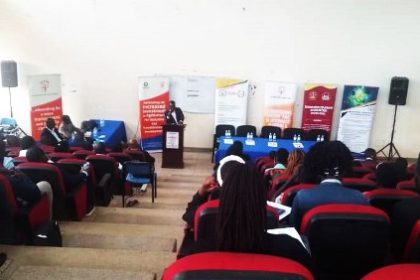 CSBAG roots for increased funding for renewable energy
CSBAG roots for increased funding for renewable energy
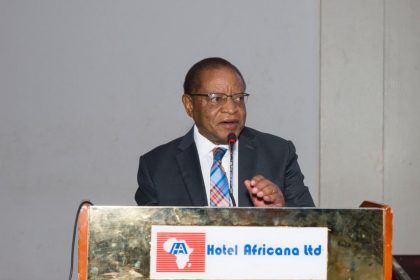 Dr Suruma pushes radical social agenda for Uganda’s oil revenues
Dr Suruma pushes radical social agenda for Uganda’s oil revenues
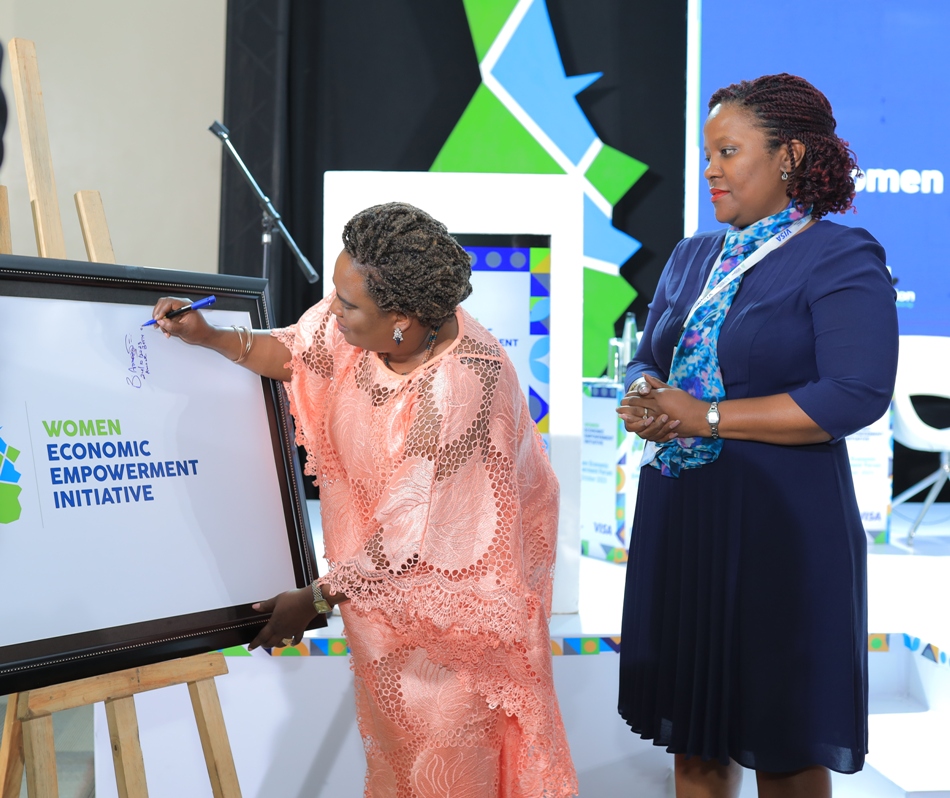 Bankers association launches program for women financial empowerment
Bankers association launches program for women financial empowerment
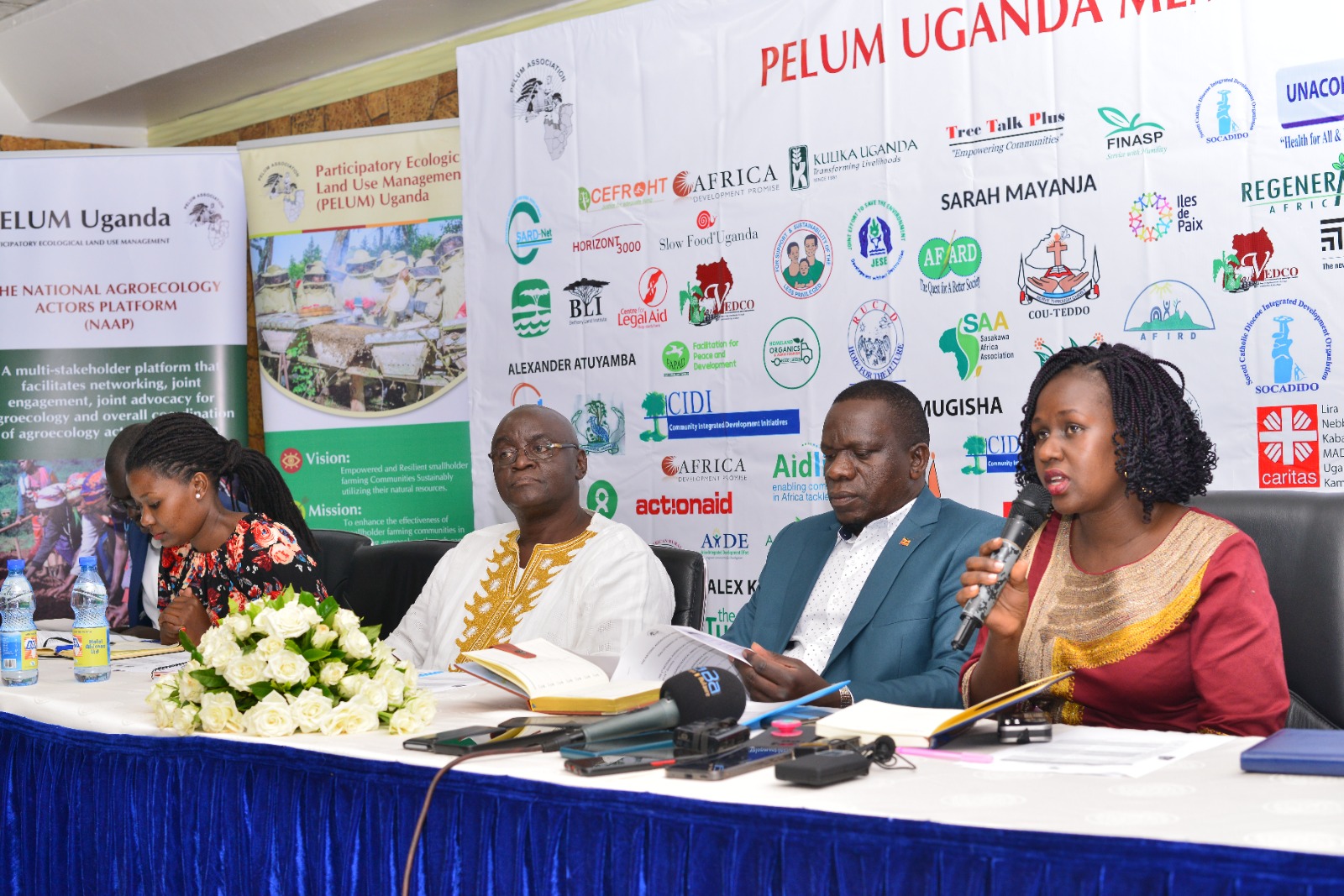 Uganda government and PELUM find common ground on pathways to zero-hunger
Uganda government and PELUM find common ground on pathways to zero-hunger
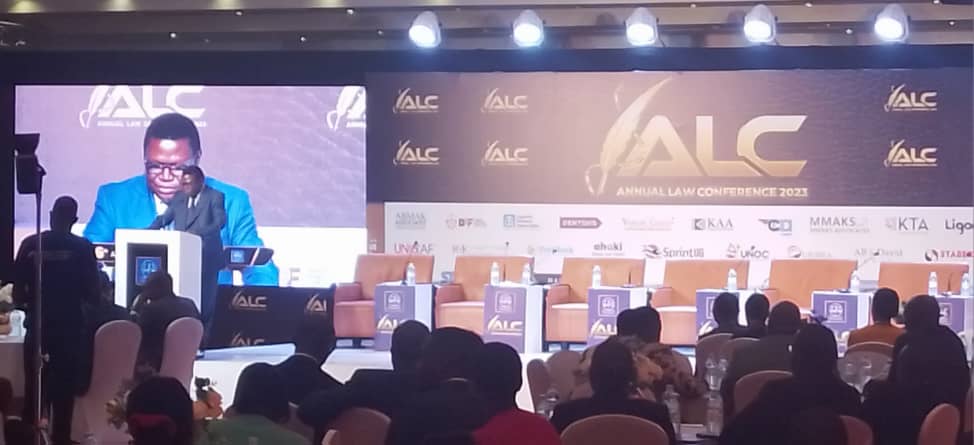 Ethical legal practice key to sustaining Uganda’s economic transformation lawyers told
Ethical legal practice key to sustaining Uganda’s economic transformation lawyers told
